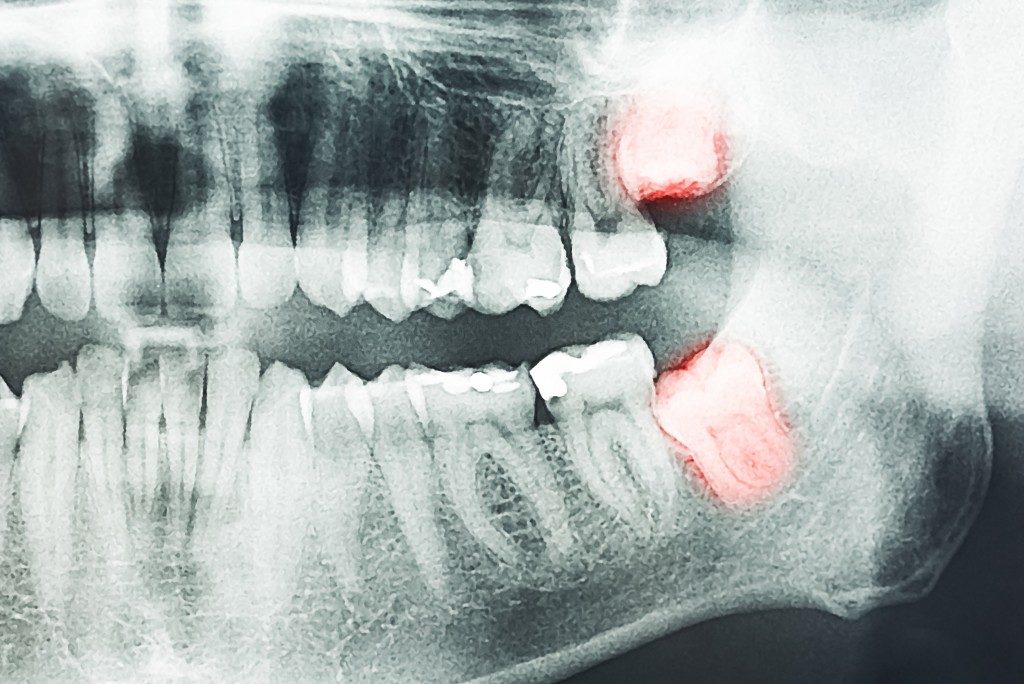One of the most serious dental issues you and your family might deal with is a dental abscess. This is a pus pocket that forms around the roots of infected teeth and can affect anyone, from the elderly down to the youngest children. A dental abscess generally arises from a deep tooth cavity, untreated gum disease, or a fractured tooth. These kill your dental pulp and cause the formation of an abscess. A periodontal abscess affects your jawbone in addition to the tooth, while a periapical abscess forms around the roots.
Most patients only seek a dentist in Fort Worth when faced with pain, swelling, bad taste, jaw pain, unexplained fever, and gum redness. Unfortunately, at that moment, the infection is generally spread and will need lengthy and expensive treatments. The following are the treatment alternatives for a dental abscess:
Antibiotics
These are the primary form of treatment if your abscess has spread beyond your oral cavity and started weakening your immune system. Oral antibiotics are commonly used, but in a few cases, you might get injectable antibiotics. The standard antibiotics used are metronidazole and amoxicillin. In some cases, the antibiotics might be prescribed before your treatment to avert the spread of the bacteria in the abscess when it is incised.
Tooth Extraction
If there is no way the tooth can be saved, tooth removal is the best choice to save your oral cavity. The tooth is first extracted before the abscess is drained under anesthesia. You will need a dental implant after the extraction to maintain your oral functionality. The implant is placed a few weeks after the extraction site has healed.

Root Canals
This is the leading procedure for the treatment of dental abscesses and is the best choice for saving your tooth and avoiding a costly dental implant. Here, the dentist will drill your tooth and clean the pulp of your tooth from the inside as the root canal reaches down your gums. The space will then be filled with a crown or dental filling. The restored tooth will look and function just like a normal tooth would.
Surgery
This is designed for the draining of the pus in your abscess. The dentist will make a small incision into the abscess and drain it. After this, a saline solution is used to clean the infected area. If you have a periodontal abscess, the dentist will remove your periodontal pocket and reshape your gum tissue. If your abscess recurs after surgery, tooth extraction will be the alternative treatment.
The treatment modalities mentioned above are generally used with pain medication. This numbs the discomfort associated with the procedures and at times the fever caused by bacteria. People will opt for various home remedies for their dental abscesses in the belief that these treatments are expensive and will not do much for them. Left untreated or treated with inefficient alternatives, however, a dental abscess can lead to several complications. These include dental cysts, osteomyelitis, and maxillary sinusitis. Cases of Ludwig’s angina, which is a fatal condition characterized by difficulty in breathing when severe, have also been linked to untreated dental abscesses.


